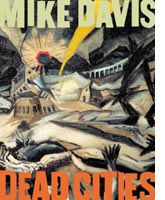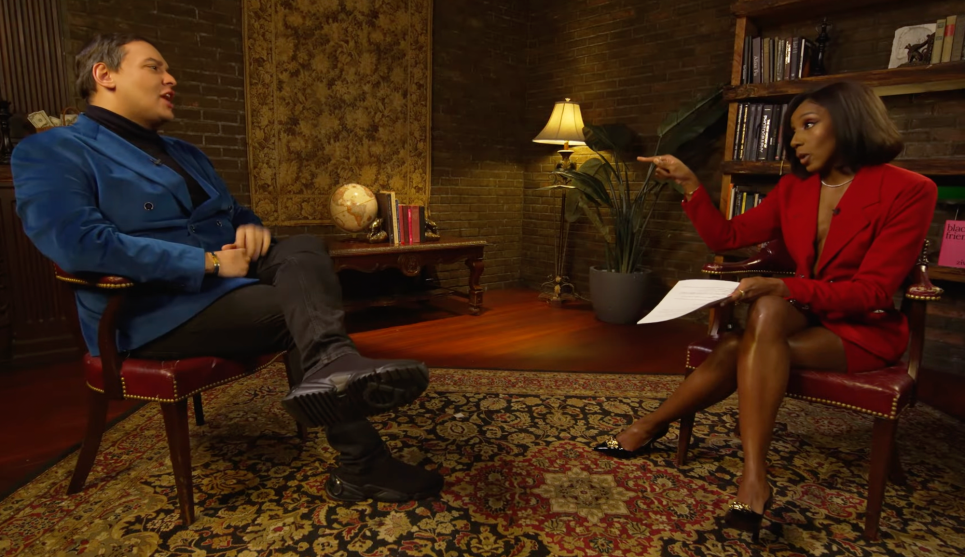
Mike Davis has long been America’s guide to the shadowlands of postmodern urbanism. In City of Quartz, he unveiled a Boschian vision of Los Angeles — the city of dreams — as a Blade Runner dystopia already upon us. Ecology of Fear painted L.A. in a paranoid palette, as a metropolis unlikely to survive the combined threats of mega-quakes, fires, and El Niños. Now, as the nation attempts to reinvent its downtowns as well-secured malls, Dead Cities forcefully returns our gaze to urban landscapes divided by race and class, and lurching unsustainably toward a showdown with Mother Nature.
If too many of Dead Cities‘ chapters read as filler — essays on Southern California politics that would have felt dated five years ago — the fresher work effectively challenges the much touted revival of America’s cities. Davis’ strange tour winds from the riot-scarred streets of Compton to “the most polluted site on Earth” — a bioweapons test site just west of Salt Lake City — to collapsing East Coast ghettos.
As ever, Davis remains preoccupied with the West. At his darkest, he foresees a future in which “sprawl … addiction, violence, and simulation will have overwhelmed every vital life-space west of the Rockies.” It’s the West become Los Angeles. Or worse yet, Las Vegas — a city whose “prodigal overconsumption,” hyper-sprawl, and poverty-stricken inner city make it the apogee of unsustainability. Creating a viable “alternative urbanism,” writes Davis, presents an extraordinary challenge. But then again, “this may be the last generation even given the opportunity to try.”













